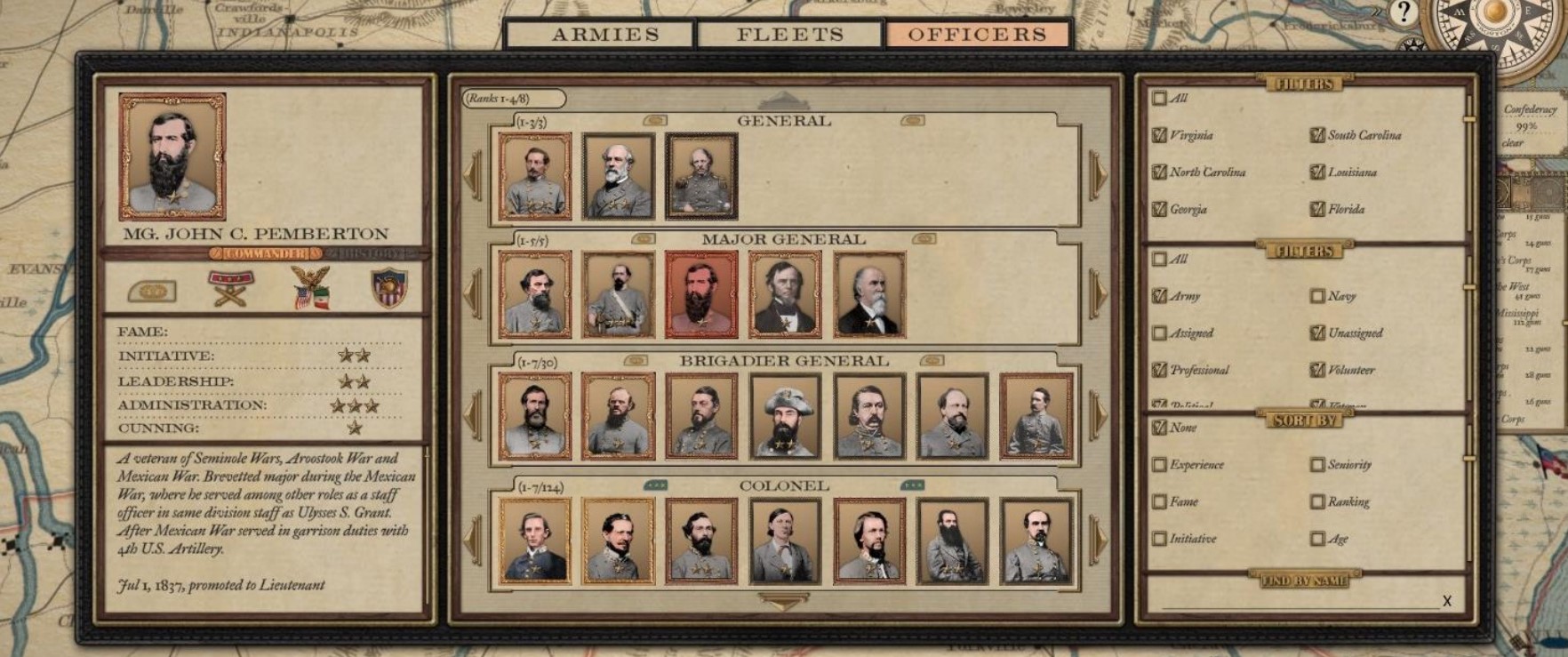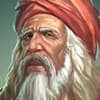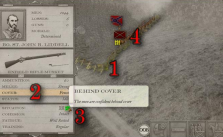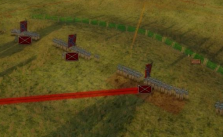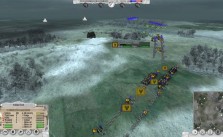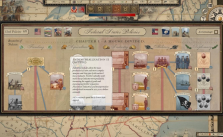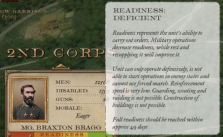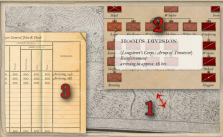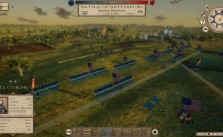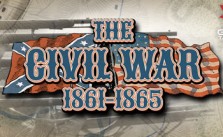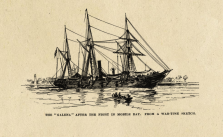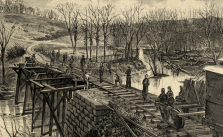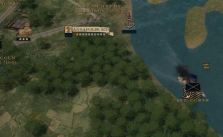Grand Tactician: The Civil War (1861-1865) – Personal Attributes of Commanders
Each commander has the following attributes, which can be seen either in the commander information panel or as a tooltip on the commander’s portrait:
Fame: How well-known is this commander? This affects his ability to rally his troops. Famous officers have a higher probability of having feuds with other officers if their personalities differ too much. The fame of the army commander also affects how the opposing army commander interprets the power balance between armies. If the enemy is very famous, it may dishearten the army commander, causing him to use more caution than would otherwise be needed.
Some commanders have become celebrities among the public, while others have dishonored themselves by LTG. JAMES LONGSTREET is performing poorly in battle or otherwise. Dishonored commanders will have a hard time leading their men, with those among the ranks whispering “traitor” and the like.
The loss of a very famous commander in battle will lie more devastating for the troops than losing one of the lesser-known officers.
Veteran soldiers especially will riot be content with unknown commanders. If they also have low leadership, the veterans will lie unhappy and will lose morale.
Other stats:
Experience (stars under the portrait): Experience affects everything. With zero experience, any positive effects of a commander’s attributes are halved. Experience under fire makes the commander more able to use his skills for his men’s benefit. Experience is gained in combat when men under his command are fighting successfully. Veterans of the Mexican War will start with higher initial experience.
NOTE:
The commanders’ shown experience is regarding their currently held position and rank. If promoted arid assigned to higher command, some of the experience will be lost: a captain, experienced in commanding a battery, will riot automatically be experienced when in command of a division or a corps when promoted to major general.
Personal attributes:
According to military history, these attributes are personal to each commander and are evaluated for each commander. The values will not change much even during a campaign, but commanders will influence the officers working for them. For example, if a commander has a very high administrative skills, he will direct his lieutenants to be more organized. But this works both ways: a cautious officer will induce caution in his subordinates by giving orders that prevent them from being as aggressive as they would like.
Initiative: Initiative defines how aggressive the commander is, how quickly he will make decisions and how hard he will drive his men. In battles, it affects order delays, uses tactics depending on a force balance, and causes feuds between generals if personalities don’t match. Initiative affects the chosen tactics. As noted above, the force balance calculation uses many values, and commander initiative is one. For example, a commander with low initiative may defend in the same situation where a more aggressive officer would attack.
Leadership: How well the officer leads his men. High leadership will inspire the men to accept casualties and maintain higher morale in fierce combat than they otherwise would. High leadership makes rallying more effective. Also, if the men are in their first battle ever, a commander with good leadership skills can better keep them iii lines, as recruits (“fresh fish”) are very fragile under fire. Veterans will be unhappy if placed under the command of an unknown officer with poor – leadership abilities.
The loss of a well-liked commander i’s felt more heavily among the rank and file than the loss of one of who is hated.
Administration: The organizational skills of the officer, from managing supplies to maintaining discipline. This attribute is mainly needed in the lulls during long battles between days when the armies are resupplied. The supply trains are better handled and directed with good administration skills, and more supplies will reach the men.
Cunning: During battles, cunning commanders are better able to mask the movement of their men in terrain and also more skilled in flanking maneuvers.
Commander Attribute Effects
Number of Officers:
The game contains well over 1,500 historical commanders with stats and portraits. While this is a lot, there will be times when appropriate historical commanders are not available during the game. In these cases, new random commanders are created by the game. These random commanders will have random names and stats and will not have a portrait. Default garrisons in forts will automatically have randomly generated commanders.
Please let us know if you believe we missed something important in the comments section. Below you’ll find some additional game-related guides. Please have a look;

